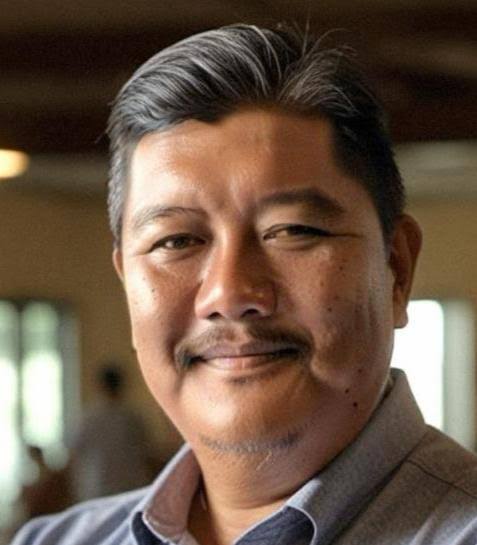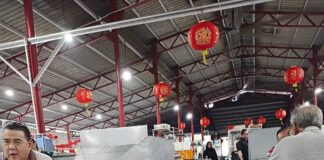By Remy Majangkim
KOTA KINABALU: After years of seeing the Democratic Action Party (DAP) as champions of democracy and civil liberties, their true nature is now coming to light.
For decades, we used to believe DAP was the right path for Malaysia, but recent internal conflicts suggest otherwise.
Datuk Frankie Poon’s decision to leave the party, following others before him, highlights deeper problems within DAP.
He has joined multiple residents who made residency in DAP skeletons in the closets.
His exit, just before the Sabah State election, seems strategic and has sparked more debate among locals about the party’s integrity and future.
What really happened with DAP Sabah?
As the saying goes, the real test of character is what someone does with power. In Sabah,
DAP seems to act differently while still serving the same interests.
Autonomy and decision-making were made on the high table across the sea. Voters in the 2020 Sabah State election were left stunned after their defection from Warisan.
Calvin Chong, ADUN, who won the Elopura seat with DAP, has now left to join Warisan.
Since then, he has faced humiliation and has had to work with little or no funding. Despite this, he has stayed persistent and deserves recognition.
Over time, there were skirmishes between the two, with some calling him a traitor while he continued to do his best.
DAP in Sabah had built Sandakan as its stronghold, but it has become apparent that this political party has no intention of fighting for Sabah’s rights.
DAP was said to be a hoarder of political seats in Malaysia. They would say the right words used by civil societies and activists to secure power.
Sabah’s positions in Malaysia and the Malaysia Agreement 1963 cast a different shadow for the Malayan-based political party to stay relevant in Sabah.
This is evident by the comment made by Datuk Chan Foong Hin on the Sabah 40% entitlement in a Chinese portal interview.
The 40% distribution was unfair. To the rest of the states in Malaysia. ‘Now, who is actually the traitor?’ one said.
DAP’s image is further tarnished with the exposure of corrupt practices of Sabah Cabinet Ministers and the Government.
Although there was no conspiracy linked directly, their silence meant they were too in cahoots in the eyes of their voters. People from the street dubbed it “Silence means acceptance”.
A six-generation Chinese family that had their forefather land on the Sandakan shoreline in the early 1800s says that the Chinese in Sandakan stand apart from the rest in Malaysia.
‘We have a sense of belonging with strong traditional ties,’ he continued. They see the local natives as their extended family; this strong family tie is compounded by mixed marriages, making them unique.
Interestingly, during the United Nations visit to Sandakan, on the formation of Malaysia in 1963, many Chinese associations and individuals wrote to the UN delegations that safeguards must be in place for the natives of Borneo.
DAP is always looking at the weakest link to do its bidding and to obtain power. It is time to reflect on their role in Sabah politics.
Are they relevant compared to decades ago? Many said it was best for DAP to maintain its role in opposition. This will be an interesting time to witness the voters in Sandakan, Tawau, and Kota Kinabalu deciding their fate.


